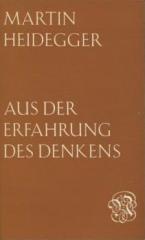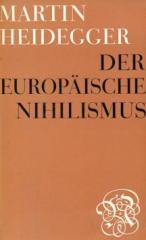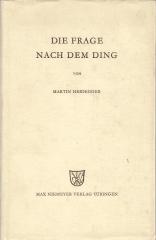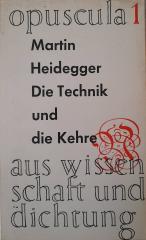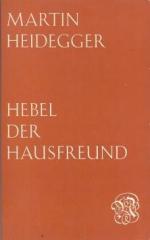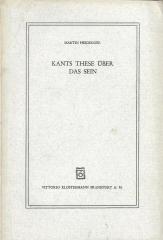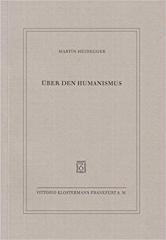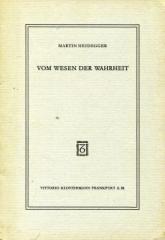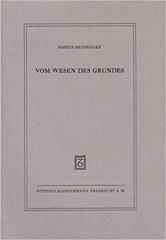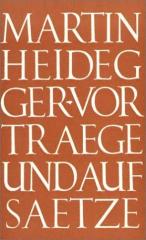Martin Heidegger
Martin Heidegger (1889–1976) was a German philosopher and one of the most influential thinkers of the 20th century, best known for his work Being and Time (Sein und Zeit, 1927), which established a new dimension of ontology – the analysis of being through the existential dimension of man (Dasein). He was born in Messkirch and studied theology and philosophy. He was a professor at the University of Freiburg, where he took over the chair from his mentor Edmund Husserl, the founder of phenomenology.
In Being and Time, Heidegger introduces an existential analysis of human existence, emphasizing the concept of “being towards death” and authenticity. The question of the meaning of being becomes central to his philosophy. Later, he turns to the so-called “late Heidegger”, where he is more concerned with language, poetry and the relationship of man to technology and the essence of being. Works such as What Does It Mean to Think?, Introduction to Metaphysics and The Question of Technology reflect this phase.
Heidegger's philosophy was extremely influential, but his membership in the Nazi Party (NSDAP) in 1933 sparked controversy and ethical debates surrounding his intellectual contributions.
Despite this, he remains a key figure in existentialism, hermeneutics, and contemporary philosophy. His ideas have had a strong influence on thinkers such as Sartre, Derrida, and Gadamer.
Titles in our offer
Aus der Erfahrung des Denkens
"From the experience of thinking" is a collection of short philosophical notes, aphorisms and meditations that Heidegger writes in the later phase of his creativity. The work is not a systematic philosophical exposition but a series of thought fragments a
Der europäische Nihilismus
"Der europäische Nihilismus" is a collection of Heidegger's lectures and notes from the 1930s and 1940s, in which he analyzes the emergence and meaning of nihilism in Europe.
Die Frage nach dem Ding
The Question of Things, a collection of lectures given by Heidegger in 1935/36, deals with the fundamental philosophical question: What is a thing? His starting point is Kant's Critique of Pure Reason, but Heidegger goes further, wanting to clarify the ve
Die Technik und die Kehre
Technique and the Turn is a collection of essays published in 1954, one of Heidegger's key works on the problem of technique. Heidegger analyzes the essence of technique and warns that modern technology is not just a set of means, but has a deep ontologic
Hebel der Hausfreund
"Hebel – der Hausfreund" is based on a lecture given by Martin Heidegger in 1957, in which he reflects on the character and work of the German writer Johann Peter Hebel.
Kants these über das Sein
Kant's Thesis on Being, a lecture given by Martin Heidegger in 1930, focuses on an analysis of Kant's claim that Being is in fact a positing (Setzung) – that is, the act of positing or affirming through judgment.
Über den Humanismus
In "Letter on Humanism" (1947), Martin Heidegger answers Jean Beaufret's question about the meaning of humanism, presenting a critical stance towards traditional humanism and offering a new understanding of human existence.
Vom Wesen der Wahrheit
Vom Wesen des Grundes
Vorträge und Aufsätze
Published in 1954, the collection brings together some of Heidegger's most important short texts from his middle and late period. In these texts, Heidegger develops key ideas about technology, art, language, and man's relationship to Being.
